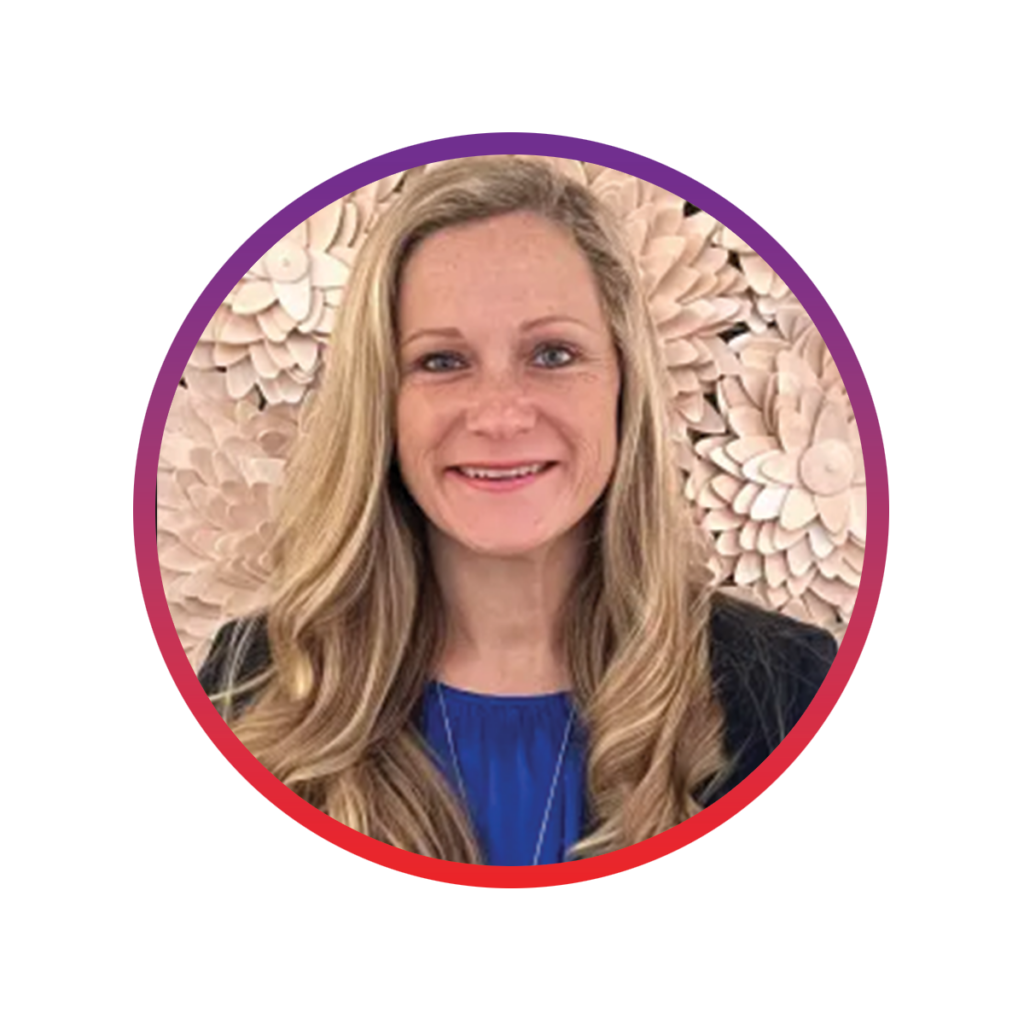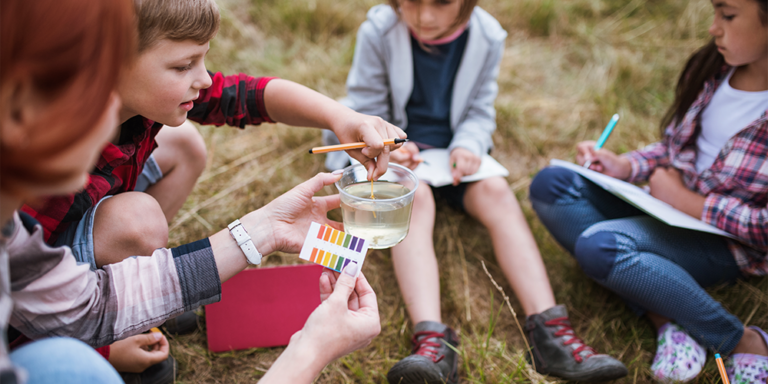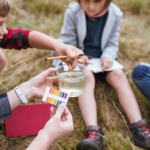Have you ever taken a selfie? Have you tried to apply one of the many filters? Taking a selfie is an opportunity to look back at yourself and try on different looks. This very act of focusing on oneself is similar to using reflective practices for professional development.
Reflection can be a powerful tool for both personal and professional growth. The mere act of reflection allows us to take a moment and pause our routines and habits. It promotes the review of our experiences and the opportunity to gain insights into our thoughts, emotions, and actions. Reflective practices in education refer to the opportunity to analyze and learn from experiences. It is intended to improve teaching methods and ultimately student learning outcomes. Aspects of reflection include the following:
- Enhance self-awareness and self-regulation: this is where one is aware of their thoughts, feelings, and actions.
- Improve teaching effectiveness and critical thinking through the analysis of teaching strategies and their impact on learning outcomes.
- Support learning about diverse student needs, learning styles, and cultural backgrounds enables educators to help meet individual student needs while promoting inclusivity in the learning environment.
- Foster lifelong learning through continuous improvement: using the insights gained through the act of reflection to make changes and enhancements to the practices of teaching and foster a growth mindset.
Reflective practices can often be facilitated through the following methods:
- Journaling
- Group discussions
- Peer observations
- Mentorship
- Establishing regular reflection routines as a part of daily habits
- Incorporating reflection into lesson planning and instruction
- Support the engagement of powerful questions among colleagues
- Encourage honest self-assessment and evaluation
- Foster a climate that incorporates feedback loops into reflective practices through professional learning communities
The mere act of reflection assists in developing thoughtful and intentional actions in one’s practice of teaching and learning which may ultimately benefit the professional, students, and overall learning outcomes. All of these practices are intended to foster a deeper understanding and application of the craft of teaching and learning.
Additional benefits of reflection may include:
- Continuous learning may assist in fostering a sense of personal accomplishment and fulfillment among educators. Participating in the act of self-reflection, goal setting, and acquiring new knowledge to scaffold upon, can reignite a passion and enthusiasm for teaching and learning.
- Professional learning through collaboration with peers, mentors, and/or experts in the field often includes collaboration that provides support and networking. These relationships assist in the facilitation and exchange of ideas and best practices.
- New learning opportunities may help educators anticipate and adapt to any emerging research trends within the field of education such as project-based learning, interdisciplinary approaches to learning, and/or digital learning tools. This may ultimately help prepare them to effectively integrate these innovations into their teaching practice.
- Continuous learning allows educators to refine their strategies and approaches to teaching based on evidence-based practices and feedback. This may assist in the enhancement of classroom management, the use of diverse instructional techniques, and increased student engagement.
- The field of education is a constantly evolving realm with new research, technologies, and methodologies being discovered regularly. Coupling these findings with the enhanced knowledge of how students learn and the evolving ways in which to motivate and engage students, reflection may assist with ensuring students are provided with the most effective and relevant learning experiences possible.
- Participation in professional learning such as reading blogs, and attending workshops, courses, and certifications enhances an educator’s skill set and credentials. This can lead to career advancement opportunities such as leadership roles, specialized teaching roles, and/or educational consulting.
Access to ongoing professional development and reflection is essential for educational practitioners. Regular professional learning and reflection assist in helping educators respond to the evolving needs of students, apply new strategies, support the advancement of careers, and foster personal and professional growth. Through reflection, we can learn from our experiences and apply knowledge to assist in future decision-making. The process of reflection promotes the critical continuous learning and improvement in the field of education that professionals need and can ultimately guide professionals to a more fulfilling and purposeful career experience.
About the Author

Dr. Bridget Chaves holds a Doctoral Degree in Leadership and Innovation as well as a Master of Education in School Leadership and Instruction. With a background in educational leadership roles, Dr. Chaves is currently the interim superintendent of Mildford School District and the Director of Student Learning.







